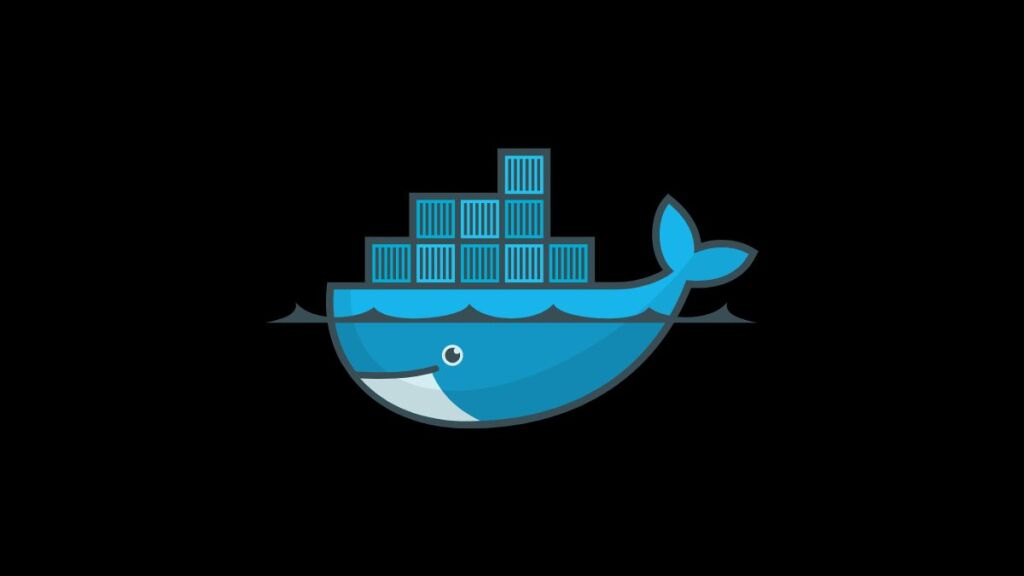In the dynamic environment of containerized applications, ensuring your services remain available and resilient to failures is crucial. Docker Compose, a tool for defining and running multi-container Docker applications, offers several restart policy options that help manage the lifecycle of your containers, especially in response to failures or shutdowns. This article explores the various restart policy options available in Docker Compose, guiding you on how to apply them to ensure your containers are managed effectively for increased reliability and uptime.
Understanding Restart Policies in Docker Compose
A restart policy in Docker Compose dictates how Docker should handle restarting containers when they exit. This feature is crucial for maintaining service availability, particularly in production environments where automatic recovery from failures is desired. Docker Compose supports several restart policies, each tailored to different operational requirements and scenarios.
no
This is the default restart policy. It means that Docker does not automatically restart the container if it stops or crashes.
services:
web:
image: nginx
restart: "no"
always
With this policy, Docker always restarts the container regardless of the exit status. This policy is useful for critical services that must be kept running under all circumstances.
services:
web:
image: nginx
restart: "always"
on-failure
This policy tells Docker to restart the container only if it exits with an error code (non-zero exit status). You can also specify a maximum number of restart attempts.
services:
web:
image: nginx
restart: "on-failure"
Or with a maximum restart attempt limit:
services:
web:
image: nginx
restart: "on-failure:5"
unless-stopped
Docker restarts the container unless it has been stopped manually or Docker itself has been stopped or restarted. This policy is a middle ground between always and no, providing automatic restarts while allowing manual intervention.
services:
web:
image: nginx
restart: "unless-stopped"
Choosing the Right Restart Policy
When deciding on a restart policy, consider the following factors:
- Service Criticality: Use
alwaysfor essential services that must run continuously. For less critical services,on-failuremight be more appropriate, preventing restarts in cases of normal shutdowns. - Development vs. Production: In development environments, you might prefer
noorunless-stoppedto have more control over when services are running. For production,alwaysoron-failurecan ensure higher availability. - Failure Handling: If you have external monitoring and recovery mechanisms, you might opt for more conservative policies like
on-failurewith a retry limit, allowing external tools to intervene if a service repeatedly fails.
Implementing Restart Policies
To implement a restart policy in your Docker Compose file, simply add the restart attribute to the service definitions requiring policy enforcement. Here’s a comprehensive example demonstrating different restart policies for a multi-service application:
version: '3.8'
services:
web:
image: nginx
restart: "always"
api:
image: my-api:latest
restart: "on-failure:3"
worker:
image: my-worker:latest
restart: "unless-stopped"
This configuration ensures that:
- The web service (an NGINX server) always restarts regardless of its exit status.
- The API service restarts up to three times if it exits with an error.
- The worker service restarts automatically unless explicitly stopped.
Conclusion
Docker Compose’s restart policies are a powerful feature for managing container lifecycles and ensuring the resilience and availability of your services. By carefully selecting and applying the appropriate restart policies, you can create a robust deployment that automatically recovers from failures, maintains service availability, and aligns with your operational strategies. Whether you’re running a handful of services or orchestrating a complex multi-container application, mastering Docker Compose restart policies is key to maintaining a stable and reliable containerized environment.
- How to Add Captions inside Feature Images with GeneratePress - May 8, 2024
- Car Dealership Tycoon Codes: Free Cash for March 2024 - April 9, 2024
- World Solver - April 9, 2024

